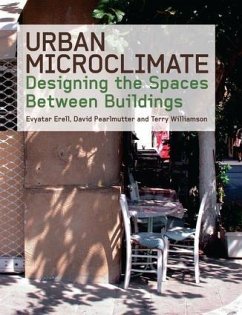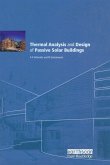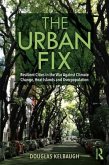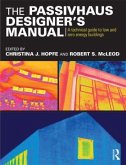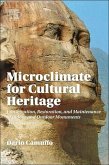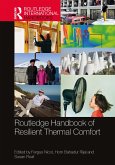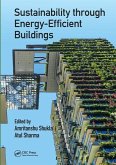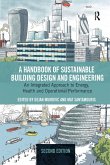The quality of life of millions of people living in cities could be improved if the form of the city were to evolve in a manner appropriate to its climatic context. Climatically responsive urban design is vital to any notion of sustainability: it enables individual buildings to make use of renewable energy sources for passive heating and cooling, it enhances pedestrian comfort and activity in outdoor spaces, and it may even encourage city dwellers to moderate their dependence on private vehicles. Urban Microclimate bridges the gap between climatology research and applied urban design. It provides architects and urban design professionals with an understanding of how the structure of the built environment at all scales affects microclimatic conditions in the space between buildings, and analyzes the interaction between microclimate and each of the elements of the urban landscape. In the first two sections of the book, the extensive body of work on this subject by climatologists and geographers is presented in the language of architecture and planning professionals. The third section follows each step in the design process, and in part four a critical analysis of selected case study projects provides a demonstration of the complexity of applied urban design. Practitioners will find in this book a useful guide to consult, as they address these key environmental issues in their own work.
'The authors do a marvellous job of bringing together this wide-ranging material and presenting it in a 'matter-of-fact' manner that clearly states the limits of different approaches when used in a prescriptive manner. As practising architects who are immersed in the urban climate research community the authors are well placed to identify and translate the key findings of modern urban climatology into the field of practice. Taken as a whole, this is the only book that links urban climate research findings to the practice of urban design and as such is to be commended.' Gerald Mills, School of Geography, Planning & Environmental Policy, University College Dublin, Ireland and President of the International Association for Urban Climate
"The book will be useful for architects, landscape planners and decision-makers in the urban planning process who are interested in and committed to sustainable and efficient urban planning practice in connection with predicted climate change and the intensification of thermal stress in city centres." - A Goldbach, W. Kuttler, Essen
"The book will be useful for architects, landscape planners and decision-makers in the urban planning process who are interested in and committed to sustainable and efficient urban planning practice in connection with predicted climate change and the intensification of thermal stress in city centres." - A Goldbach, W. Kuttler, Essen

